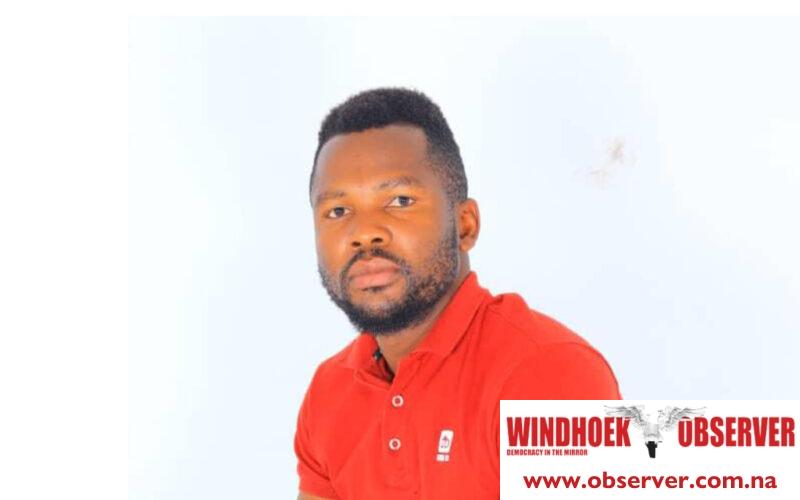Sakaria Johannes
Frantz Fanon, a towering figure in decolonial thought, introduced the concepts of the “zone of being” and the “zone of non-being” to describe the existential realities shaped by colonialism and its enduring legacies. These terms encapsulate the different ways people experience the world based on their social, economic, and political positioning within a society deeply influenced by colonial history.
Zone of being
The “zone of being” is a space where individuals are fully recognized as human, enjoying the rights, privileges, and dignity that come with this recognition. In the colonial and postcolonial contexts, this zone is typically reserved for those who belong to the dominant group—whether defined by race, class, or political power. In Namibia, this could be seen historically in the privileges afforded to the colonial rulers and, in some cases, the post-independence elites. Those within the “zone of being” have access to resources, opportunities, and power. They are seen as the norm, the standard by which humanity is measured, and their existence is validated by the structures of society.
The Zone of non-being
On the other hand, the “zone of non-being” is where the colonized, the oppressed, and the marginalized reside. In this zone, individuals are often denied full humanity, subjected to systemic violence, discrimination, and dehumanization. For many Namibian youth, this “zone of non-being” is not just a theoretical concept but a lived reality. It manifests in the high unemployment rates, lack of access to quality education, and the ongoing struggles for basic rights and recognition. These young people are often trapped in a cycle of disenfranchisement, where their voices are muted, and their potential is stifled by structural inequalities.
During my university years at the University of Namibia, I lived in the Ombili location in Windhoek, where the concept of the “zone of non-being” was all too real. In Ombili, it was a common practice to use the riverbed as a toilet because there simply weren’t enough facilities to meet the needs of the community. This wasn’t just a matter of inconvenience; it was a clear sign of how deeply entrenched the conditions of the “zone of non-being” were in that environment. People had become so accustomed to this reality that it was normalized—living in smelly, unsanitary conditions was just part of life. Even small children would walk by without a second thought as elders relieved themselves in the open, a stark illustration of how the dignity of individuals was eroded over time.
This situation in Ombili is emblematic of the “zone of non-being.” It highlights the ways in which systemic neglect and marginalization push people into a state where their basic needs are unmet, and their humanity is denied. The fact that such conditions could become “normal” speaks volumes about how deep the sense of alienation and exclusion runs in communities like Ombili. It is a vivid example of how the “zone of non-being” is not just a theoretical concept but a lived experience that affects the day-to-day lives of many Namibians.
Democratic Elections as a Catalyst for Change
In the context of Namibia, where the legacy of colonialism still casts a long shadow, the upcoming democratic elections on November 27, 2024, represent more than just a political event—they offer a crucial opportunity for transformation. For the youth, who are often the most affected by the failures of the current system, this election could be a turning point.
Democratic elections have the power to reshape the social and political landscape by providing a platform for those in the “zone of non-being” to assert their voices and demand change. When the youth engage in the electoral process, they do more than just cast a vote—they challenge the status quo, question the existing power dynamics, and push for a reimagining of their society. By participating, they refuse to accept their marginalized status and instead claim their rightful place in the “zone of being.”
Empowerment Through Participation
For many Namibian youth, the act of voting can be a profound statement of agency. It is an opportunity to hold leaders accountable, to insist on policies that address their needs, and to pave the way for a future where they are not just subjects of governance but active participants in shaping their own destinies. This is particularly important in a country where young people often feel disconnected from the political process, viewing it as a domain reserved for the older generation or the politically connected.
However, for this potential to be realized, it is crucial that the youth are not only aware of the power of their vote but also understand the importance of staying engaged beyond the ballot box. This involves advocating for transparency, fighting against corruption, and continuing to push for change in their communities. By doing so, they can ensure that their transition from the “zone of non-being” to the “zone of being” is not just symbolic but translates into real, tangible improvements in their lives.
Navigating the Election as a Pathway to Transformation
The election on November 27, 2024, could be a watershed moment for Namibian youth. It offers a chance to bridge the gap between the “zone of non-being” and the “zone of being,” moving from a state of alienation and marginalization to one of empowerment and inclusion. But this requires a collective effort—one where the youth recognize the significance of their participation and seize the opportunity to influence the direction of their country.
In the end, the democratic elections are not just about choosing leaders—they are about choosing the kind of society we want to live in. For Namibian youth, this election could be the key to unlocking a future where they are no longer confined to the margins but are recognized as full, active participants in the life of their nation.
Sakaria Johannes is a political science and history graduate from the University of Namibia. He can be reached at sackyuutsi@gmail.com




